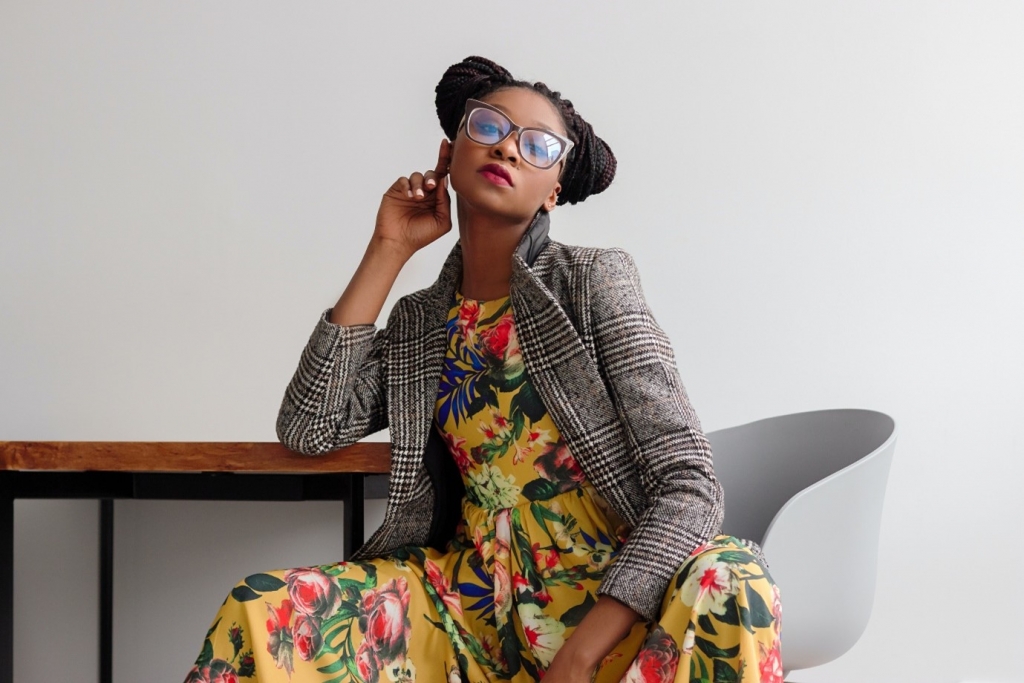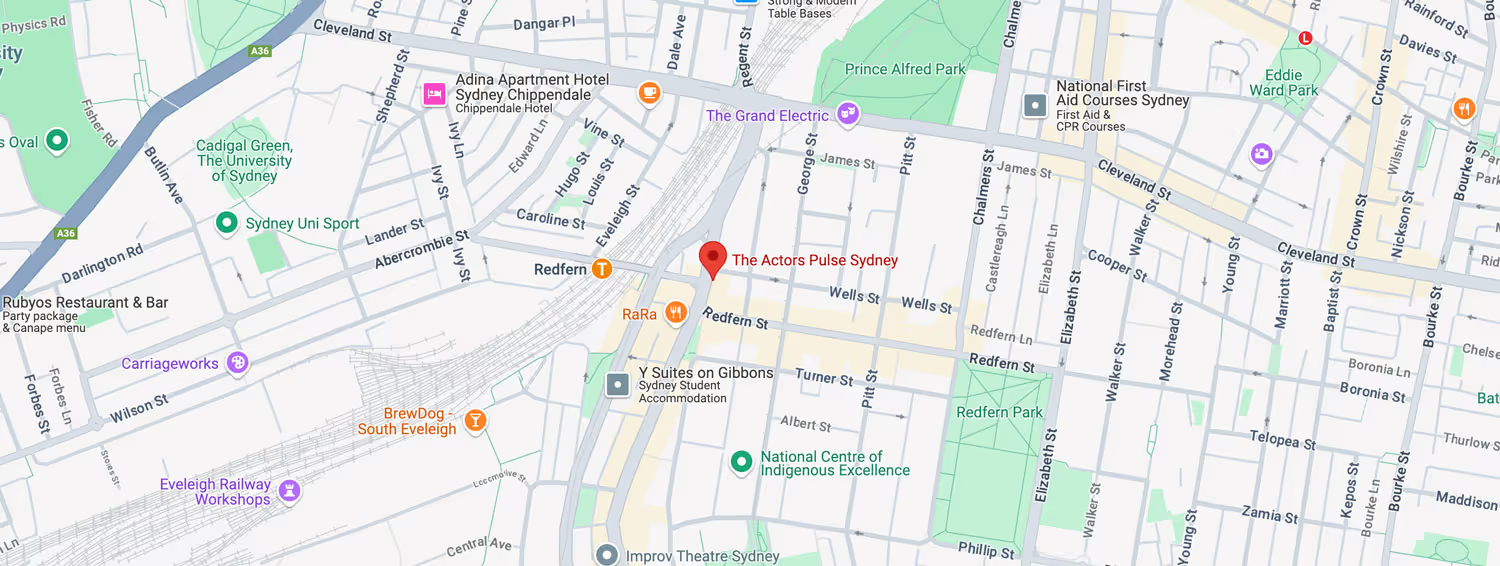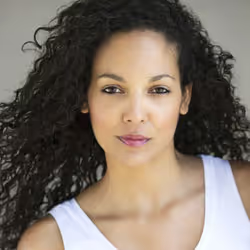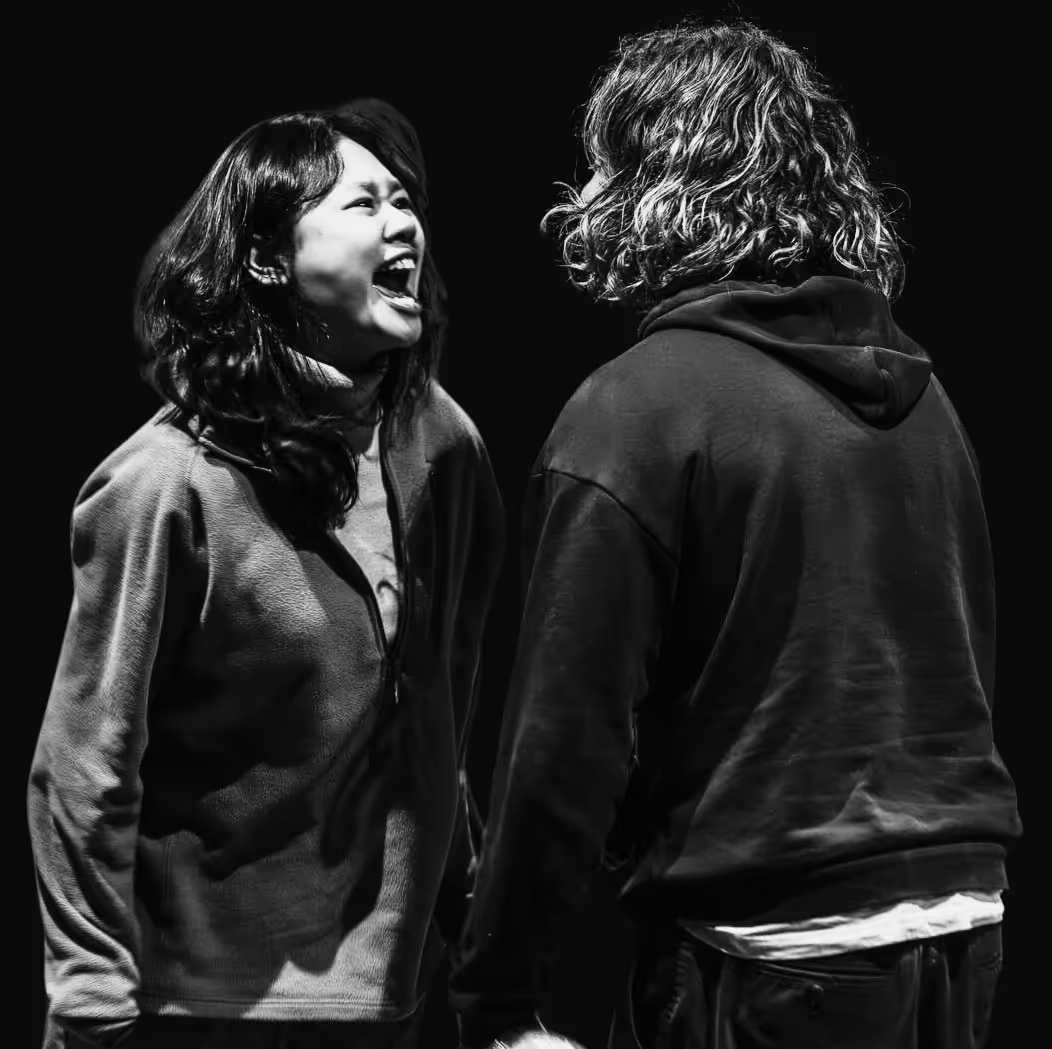Have you scored a chance to audition for your dream production company, but don’t have a clue what to bring to the audition room? This is your ultimate guide to making a great first impression and impressing the casting director.
What should I do for my first acting audition?
At your first film or theatre audition, you want to radiate a positive attitude, self-confidence, and be a team player before, during, and after your performance.
- Know who and what you’re auditioning for. Research the company and the creative team and be familiar with the role they’re looking for. What kind of character are you playing? What does the director want that character to be? Put yourself in the shoes of the production.
- Make a great first impression. Give yourself enough time to prepare for the audition, smile, greet people, and be respectful.
- Have fun. Although it can bring on some added stress, the most important thing is to enjoy your audition!
As for a screen audition, this is what you’ll need to prepare for:
- Sending in a self-test.
- Participating in a live and interactive online callback.
- A chemistry test either in the room or online.
- Studio/network callbacks.

What should I wear to an acting audition?
Looking presentable may be the difference between being given a role and being rejected, but it’s important to feel comfortable in your skin, too. You should:
- Wear what you can feel comfortable in or what is appropriate for the role you’re auditioning for. Business casual is attire such as slacks, a dress shirt, pencil dresses, or skirts that can work, and so can jeans. Be true to your style.
- Use colour and style to highlight your best features. You could wear colours that match your skin tone and eye colour, for example. Are you warm-toned, neutral-toned, or cool-toned?
- Wear comfortable shoes. Don’t wear flip-flops and stick to flats unless you can wear boots or heels while auditioning. You want to be able to move around!
What should I keep in my audition bag?
When auditioning, you want to ensure you’ve packed everything you need for the day. It’s always good to come prepared!
- Bottled water. You’ll want to stay hydrated, especially if you’re moving and getting physical with other actors. Keep water on you for those action scenes.
- Brushes, hair spray, hair ties, and hair gel. If you’ve got a long day ahead of you, you might re-style your braid, and feel refreshed for the next audition stage. After all, you can never have enough hair ties!
- Makeup. Packing blush, foundation, or lip gloss is a good idea since makeup can come off as the day progresses. If you’re prone to sweating, a good-setting powder will do wonders. You can also use a BB Cream or skin tint if you aim for a more natural look.
- Breath mints, dental floss, and toothpaste. Freshen your breath any time you feel you need to. Acting can involve a lot of close contact with others – especially during intimate or emotional scenes – so you’ll want to feel confident around actors you may be unfamiliar with.
- The script you’ll need to be memorising. If you’re anxious about getting your lines right for your character, it’s never a bad idea to go over them before your big audition.
- Snacks. Whether you’re in the waiting room backstage or are reaching the end of the day, snacks will ensure your energy levels stay spiked for the next scene!
- A pencil case. Keep pens and highlighters handy in case you need to add notes to your script or highlight part of the dialogue. You may even want to take notes of the auditioning experience for future casting calls or useful skills for acting class.
- Headshots and resumes. When casting, casting directors don’t just pay attention to your performance, but your acting resume and extra headshots are always a plus.
- Phone charger. In auditions, you may want to check your phone for appointment times or listen to calming music backstage before it’s your time to shine.
- Business cards. Be confident and hand out your business card to others, you never know who may contact you.
- An audition journal. In this, you can record events such as the types of roles you played, how you felt when you played them, notes on improvement, and being able to keep track of your progress. In the future, you can always look back on your career progression.
What are 5 important rules to follow during an audition?
Whether backstage in musical theatre or entering commercial auditions, there are rules of conduct you need to follow.
Always be on time. Consider traffic and a car park in advance, as this can slow you down.
Know your lines. Study the script, but also be prepared for lines to be moved or cut.
Read over your contract, noting any mistakes in the fine print. Always contact your agent with any concerns.
Hit the marks. The coloured gaff tape is where the camera will focus, so make sure to touch them while you’re speaking your lines.
Always be respectful. Thank everyone at the audition.
At The Actors Pulse, there is a range of courses offered that can help you build on valuable acting skills for your first audition. They’re a studio for actors with a step-by-step approach to acting.













